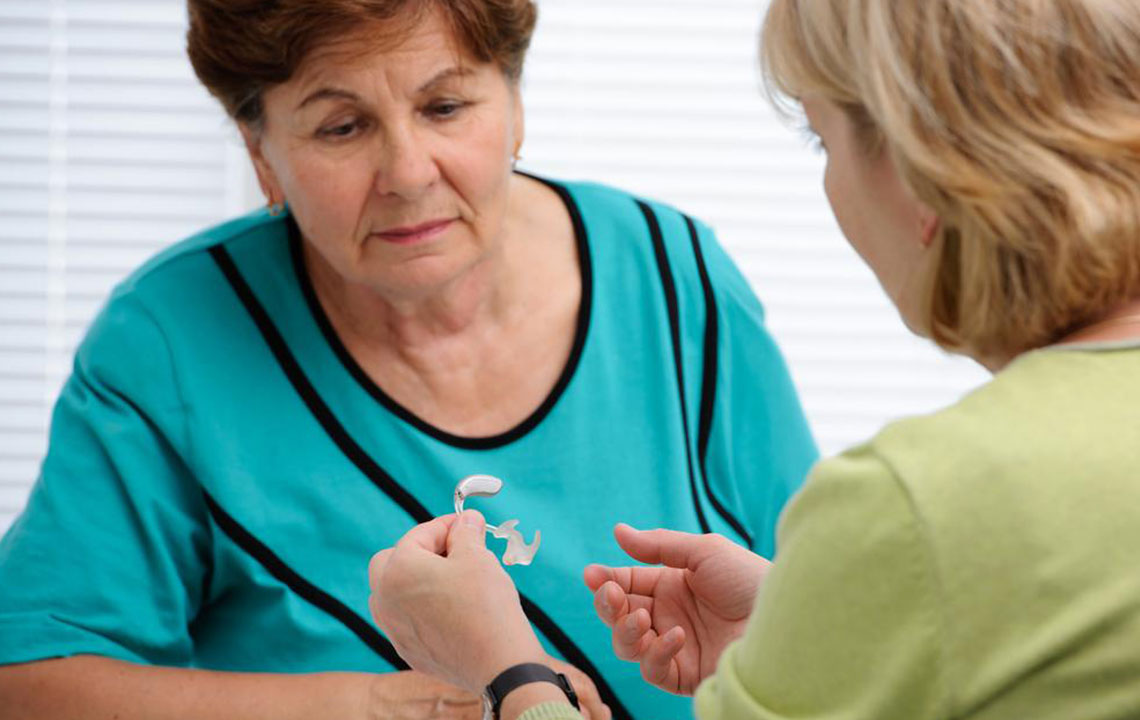6 ways to cope with deafness
Losing your hearing power can be devastating. But with patience and the right treatment, you can try to find solutions because there are chances that you can get back your hearing. It might take time, but there is some hope. And even if you don’t get your hearing back, you still need to be positive and keep finding new ways to cope with the issue. Here’s more.
Remove excess wax
This is one of the primary issues that most people face. Often, your ear gets filled with wax, and that’s certainly not good for hearing. If there is an excess blockage, then you need to visit your doctor, who can help you remove this earwax by loosening it with oil and then flushing, scooping or suctioning out the softened wax.

Surgical procedures
If you’re always facing issues, your doctor might suggest a one-time solution that might give you relief. In such a case, surgery might be required. If you had repeated infections or a traumatic ear injury that requires small tubes to be inserted to help the ears drain, surgery could help.
Hearing aids
If your hearing loss is caused by damage to your inner ear, using a hearing aid can help since they make sounds stronger and easier for you to hear. All you have to do is keep the hearing aid with you always. In some cases, the hearing issue is resolved with time.
Cochlear implants
These medical devices are surgically implanted to bypass damaged structures in the inner ear and directly stimulate the auditory nerve. These cochlear implants do not replace normal hearing but help create a good range of sounds.
Hearing Assistive Technology (HAT)
Assistive listening devices (ALDs) expand the purpose of cochlear implants and hearing aids by canceling the background sounds from the sounds you want to hear.
Alarm-type devices
Go for a wake-up and warning equipment that provides visual or tactile signals that can send signals to a wrist receiver by vibrating or can flash a light, when there is a need to notify a sudden phone ring or a knock at the door.
Conclusion
The most important thing to do is acknowledge the fact that there’s an issue with your ear, and seek a doctor’s help on time.

